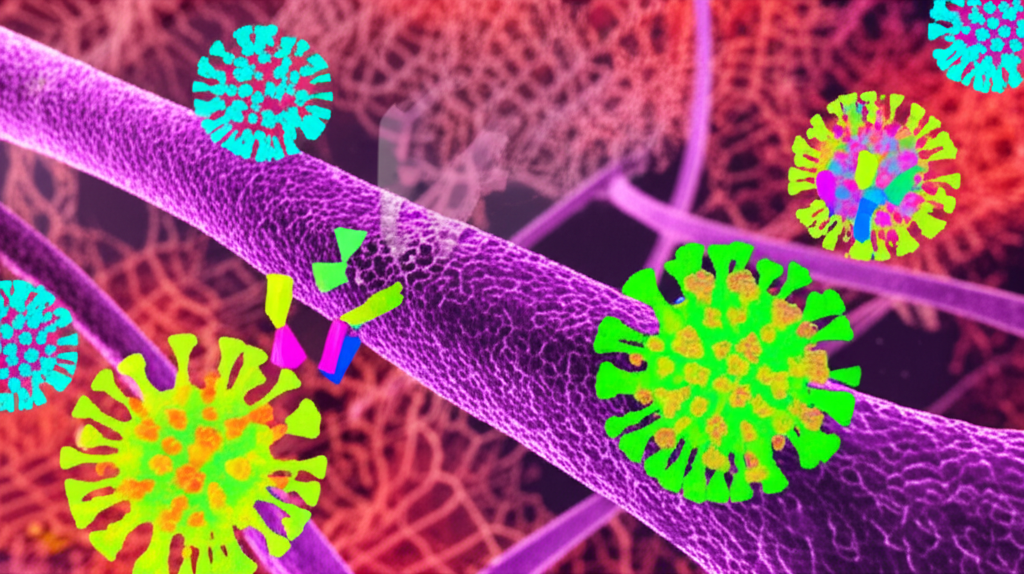Imagine a world where readily available natural compounds could offer a new line of defense against viral pandemics. Researchers at Universiti Teknologi Malaysia (UTM) are exploring this possibility, turning to the hidden chemical arsenal of fungi to combat COVID-19. Their recent work focuses on identifying molecules that can effectively inhibit a crucial enzyme of the SARS-CoV-2 virus, the 3-chymotrypsin-like protease (3CLpro), which is essential for the virus’s replication.
The ‘what’ in this research is Flaviolin, a secondary metabolite derived from fungi. Secondary metabolites are organic compounds produced by bacteria, fungi, or plants which are not directly involved in the normal growth, development, or reproduction of the organism. The ‘why’ is because the 3CLpro protease is a validated drug target. By blocking this protease, the virus is unable to process its own proteins, effectively stopping it from replicating and infecting more cells. Scientists have long sought effective inhibitors for this enzyme, as evidenced by previous research on protease inhibitors as potential therapeutics.
Researchers at UTM employed sophisticated computational techniques, including molecular docking and molecular dynamics simulations, to investigate how Flaviolin interacts with the 3CLpro enzyme. Think of molecular docking as virtually fitting different keys (molecules) into a lock (enzyme) to see which one fits best. Molecular dynamics then simulates the behavior of these molecules over time, providing insights into the stability and effectiveness of the interaction.
The significance of this research lies in its potential to identify novel antiviral drug candidates from natural sources. Flaviolin, as a potent inhibitor of 3CLpro, could serve as a lead compound for developing new therapies to combat COVID-19. This approach aligns with a growing trend in drug discovery, which leverages the vast diversity of natural products to find solutions to pressing health challenges.
Looking ahead, the UTM team plans to further validate these findings through experimental studies, testing Flaviolin’s efficacy in vitro (in cell cultures) and eventually in vivo (in animal models). If successful, this research could pave the way for the development of new antiviral drugs that are both effective and readily accessible, offering a valuable tool in the fight against future viral pandemics.
DOI: https://doi.org/10.1007/s00500-025-10628-6


